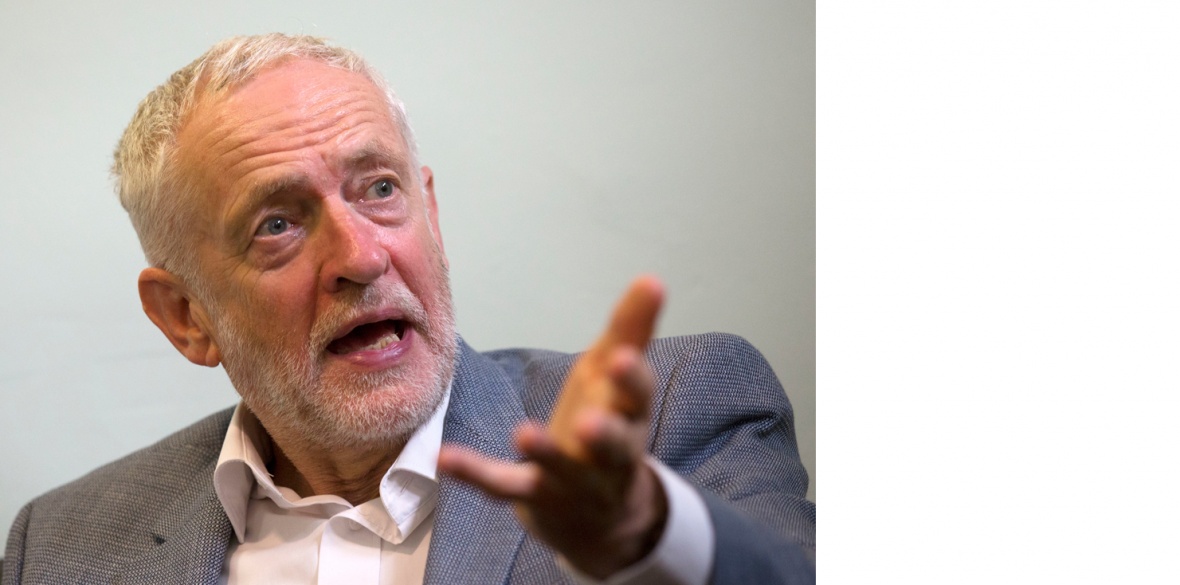This is the last article you can read this month
You can read more article this month
You can read more articles this month
Sorry your limit is up for this month
Reset on:
Please help support the Morning Star by subscribing here
LABOUR leader Jeremy Corbyn outlined major reforms to fix Britain’s broken news media in a speech last night.
Giving the Alternative MacTaggart Lecture at the Edinburgh TV Festival, Mr Corbyn vowed to support public interest journalism by giving it charitable status and creating an independent fund paid for by tech giants.
He warned that the public has little trust in the current media and that without major changes, Britain’s public spaces for debate and information risk being controlled by “a few tech giants and unaccountable billionaires.”
The Labour leader, who has previously chaired the National Union of Journalists (NUJ) parliamentary group, also expressed his support for strengthening freedom of information (FOI) rights and ending ministers’ power to veto disclosures.
The veto, which was used to withhold information about Tony Blair’s decision to invade Iraq, was condemned by Mr Corbyn, who said it “can’t be right” and assured his audience that Labour in government will investigate ways to strengthen the power of the Information Commissioner.
He said: "The best journalism takes on the powerful, in the corporate world as well as government, and helps create an informed public.
“This work costs money. We value it, but somehow that doesn’t translate into proper funding and legal support.
"So, we should look at granting charitable status for some local, investigative and public interest journalism.
“That status would greatly help pioneering not-for-profit organisations, like the Bureau of Investigative Journalism, to fund their vital work through tax exemptions, grants and donations.”
Mr Corbyn also proposed to expand an existing joint BBC-government scheme to fund and develop local journalism.
While reiterating his support for the BBC as a publicly owned broadcaster, he also suggested ways to democratise the corporation.
He proposed the election of some seats on the BBC board and concrete measures to decentralise the broadcaster across Britain’s nations and regions.
On the question of funding, Mr Corbyn raised the idea of a digital licence fee – paid by tech giants or through internet service providers -– to supplement the current fee.
This would lower the cost for poorer households and help the BBC compete “more effectively with the private multinational digital giants like Netflix, Amazon, Google and Facebook.”
He said the licence fee should be set by a new independent body and called for the BBC to be placed on a permanent statutory footing “to end government control through charter renewal.”











